Authors:
Dong D. Wang (dow471@mail.harvard.edu), Long H. Nguyen, Yanping Li, Yan Yan, Wenjie Ma, Ehud Rinott, Kerry L. Ivey, Iris Shai, Walter C. Willett, Frank B. Hu, Eric B. Rimm, Meir J. Stampfer, Andrew T. Chan, Curtis Huttenhower
Citation:
Wang DD, Nguyen LH, Li Y, Yan Y, Ma W, Rinott E, Ivey KL, Shai I, Willett WC, Hu FB, Rimm EB, Stampfer MJ, Chan AT, Huttenhower C. The Gut Microbiome Modulates the Protective Association Between a Mediterranean Diet and Cardiometabolic Disease Risk.
This webpage is created for sharing the analysis programs for a project that tests whether the gut microbiome modifies the protective effects of a healthy Mediterranean-style dietary pattern on cardiometabolic disease risk in 307 male participants from the Health Professionals Follow-Up Study.
To profile the microbiome in the study population, each participant provided fecal samples from up to two paired collections six months apart (up to four total samples) from 2011 to 2013, which yielded 925 shotgun metagenomes and 340 shotgun metatranscriptomes. Taxonomic profiling using MetaPhlAn 2 quantified a total of 468 microbial species across all subjects (prior to quality control). Functional profiling using HUMAnN 2 assigned 75.3% of all DNA reads and 64.1% of all RNA reads to UniRef90 gene families, 54.8% and 58.1% of which possessed functional characterization, respectively, and 10.7% and 13.2% of characterized gene families were assigned to MetaCyc pathways.
We collected blood samples at up to two time points and measured hemoglobin A1c (HbA1c) and plasma triglyceride, total cholesterol, high-density lipoprotein-cholesterol (HDL-C), and high-sensitivity C-reactive protein (hs-CRP). This study included 304 participants who provided 468 blood samples in the analyses that involve blood biomarkers.
Participants’ long-term usual diet was repeatedly measured using validated semi-quantitative food frequency questionnaires (FFQs) at up to nine time points from 1986 until 2013. Each participant’s adherence to the Mediterranean diet (MedDiet) was evaluated by a 9-dimensional MedDiet index that scores intakes of whole grains, vegetables, fruit, nuts, legumes, fish, monounsaturated fats (at the expense of saturated fats) and red/processed meat. The total MedDiet index ranged from 0 (non-adherence) to 9 (perfect adherence).
We conducted permutational multivariate analysis of variance (PERMANOVA) using adonis function in the R package vegan. We employed linear mixed model in the R package MaAsLin2 to perform per-feature tests. We also tested the interaction between the MedDiet and the gut microbiome in relation to the cardiometabolic disease risk score and biomarkers using linear mixed models.
This analysis mainly relies on open source bioBakery tools, particularly MetaPhlAn 2, HUMAnN 2, and MaAsLin 2. For analysis-specific programs, please clone the repository via the following command:
$ git clone https://github.com/biobakery/meddiet2020.git